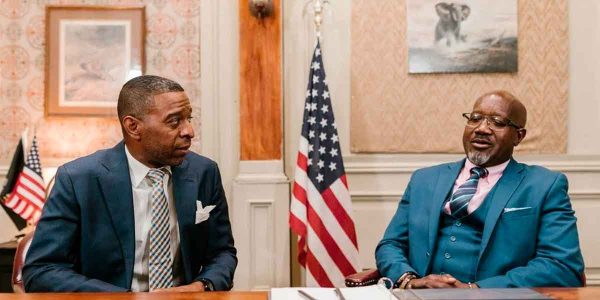Are you thinking of getting into probate? First, you must think about how to go through all the procedures and who will secure a probate attorney. So here is the article to get to know who has the right to guarantee probate attorneys and their responsibilities.
These attorneys can assist with the probate process, which depends on the nature of the Will and the person’s assets.
- Establishing the legitimacy of the Will
- Counting up the departed person’s possessions
- Valuing the belongings of the deceased
- Owed debts and taxes will settle
- Distributing the deceased’s belongings
Who secures a probate attorney?
An executor or administrator has the right to secure a probate attorney. The executor or administrator is chosen to manage the estate and distribute assets after a person passes away. In the deceased person’s Will, the estate executor has designated. In the absence of a will, the state appoints the administrator. There are rules defining who will act as the administrator in each state. The surviving spouse, children, parents, or siblings are frequently the default beneficiaries in that order.
In some circumstances, the court may disregard the Will and appoint an alternate executor. For example, an individual has prohibited by state law from acting as the executor of the Will if they:
- We’re partners in a business with the deceased.
- Are you under the age of 18
- Have a significant felony conviction.
- Live elsewhere
The court will choose another person if the executor or administrator does not accept his duty. When appointed, the executor or administrator is in charge of retaining a probate attorney when necessary to help with the probate procedure.
Therefore, Estate assets covered probate lawyer fees. The estate executor will not have the lawyer’s fees solely deducted from their share of the inheritance because these costs are removed from the assets before they are dispersed.
Duty of executor during probate:
A personal representative often called an estate executor, is in charge of settling and allocating an estate by Florida law and the decedent’s Will. The court may appoint one if the Will does not have a personal representative or the testator did not leave a valid Will.
The executor may be responsible for the following:
- Identify, collect, appraise, and protect the estate’s assets;
- Search for and pay legitimate claims against the estate;
- Complete all estate tax returns and pay any outstanding taxes.
- Make heirs-only distributions; and
- Once all obligations have been fulfilled, then close the estate.
Assets dealt during probate:
According to the executor, the estate’s assets should be protected. Any or all of the following assets could be present in an estate:
- The decedent’s personal property
- Automobiles and boats
- Real estate
- A company or its property
Some assets will require the personal representative’s attention more than others. For example, purchases that could degrade or lose value in some way require closer management.
For instance, if the deceased owned a home, the executor would work to prevent any harm or neglect to the property before the estate was closed. It could be more difficult, but it’s also more crucial to effectively run a decedent’s firm. Without strong leadership, the business can lose some of its worth.
The court makes the executor write reports for the court during probate. Both the estate’s assets and liabilities may be essential information. An executor provides monthly updates on the management of assets if the estate is sizable and the probate process is out. The executor must act in the estate’s and interested parties’ best interests at all times.
Conclusion
To ensure that the estate owner can still act after passing away or becoming incapacitated, the administrator and executor roles are essential to the continued existence of Indian society. Without the correct procedure, disagreement and difficulty may be encountered while settling a deceased person’s estate.
According to Einstein, two things are unlimited: the universe and human stupidity. The same applies to human greed, to paraphrase. Therefore, to prevent unintended repercussions of human avarice from corrupting itself, the law gives the executor and administrator final authority and empowers them to dispose of the estate by the law. Through this individual, the legacy of another life is on.







